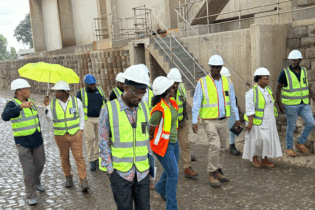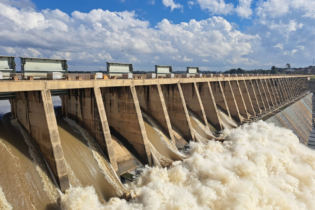The Minister of Water and Environmental Affairs, Edna Molewa, met the chairpersons and chief executives of water boards and other water entities 15 July as part of quarterly forum in which the minister discusses strategic issues about the delivery of water in the country.
These issues include governance protocols, water sector skills development, performance monitoring, tariff setting and revenue management, and other critical water management issues prescribed in the mandate of water boards and other entities. The meeting noted remarkable progress in the management of municipal debt that is owed to water boards. This resulted in the reduction of debt from R5 billion to R2.5 billion. The meeting also noted progress on the new Municipal Water Infrastructure Grant, which is aimed at addressing backlogs in water provision for communities without access to water. Water boards agreed that they will play a big role in its implementation to facilitate faster water delivery to communities.The water boards also supported the law reform process that was presented by the department, in terms of which the National Water Act is envisaged to be merged with the Water Services Act. This National Water Act Amendment Bill of 2013 will serve as the legislative framework for transformation and water reallocation.
“We have just released the National Water Resource Strategy for final gazetting and one of the key issues addressed in the strategy is one of equity in water allocation, such legislative reform needs to assist us to achieve the much needed equity in water allocation,” said the Molewa. The bill was be tabled before Parliament in August 2013. The meeting also agreed that water boards should be consolidated from 12 to nine regional water utilities. The meeting further noted that water management areas have been consolidated from 19 to nine, in which nine catchment management agencies will be established. Through an implementation plan, Breede/Gouritz and Inkomati/Usuthu catchment management agencies have been gazetted for public consultation. Although some water boards would finalise the process to engage their governing boards within two weeks ofthe process, it was decided that water boards should start with the preparation of due diligence reports to assist the process. “This process will require formalisation of the national and regional consultative structures, which will be led by the department with the participation of water boards,” the minister said.





